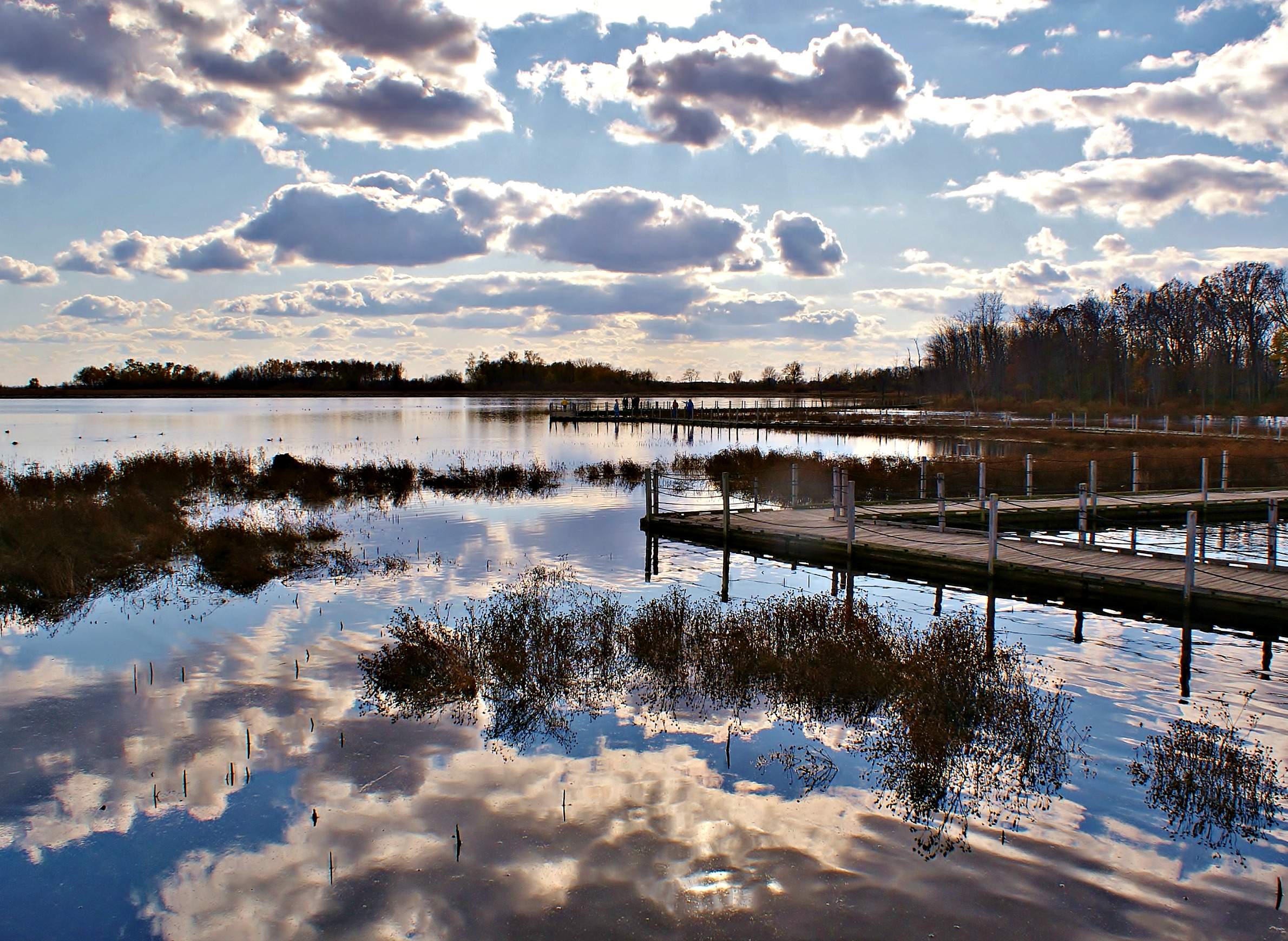
'Wicked Problems' Arise When People Misunderstand Water Issues

Water is a high profile issue in just about any community in Wisconsin. It's likewise a growing challenge across the United States and around the world.
Multiple water quality issues loom large around Wisconsin, including lead contamination in Milwaukee and elsewhere, and algal blooms in lakes caused by high levels of nutrients. Concerns about groundwater are also prominent around the state. Bacterial contamination of water is a contentious issue in northeastern counties, as are regulations governing high-capacity wells in the Central Sands region. Meanwhile, high nitrate levels are found in groundwater drawn from private wells in many rural and suburban communities.
At a more general level, studies are revealing increasing risks related to water quality and quantity. For example, the National Aeronautics and Space Administration warned of the risk of mega-droughts in the southwestern U.S., while the Natural Resources Defense Council examined the dangers of lead in drinking water.
Given how much attention is given to these issues, though, why is Wisconsin still facing growing challenges? These issues are not easy to solve, otherwise they probably would have been already. No doubt, these issues are complex, but shouldn't information about water-related challenges be contributing to some solutions already?
ThinkWater is a national water education campaign that seeks to address this issue. Supported by the United States Department of Agriculture and based at the University of Wisconsin-Extension, the project aims to develop a network of professionals who can educate the public and apply their knowledge to developing solutions to water issues. Teams from across the state have participated in the Wisconsin ThinkWater School, a collaborative effort to develop and deliver educational programs about stormwater management, water quality monitoring, watershed planning, groundwater contamination, water as a common resource, nutrient issues in surface water and soil health.
Water-related issues can often be quite controversial. But information and knowledge are not the same thing. Research has shown that providing information alone does not change people's behaviors, including when it comes to Wisconsin's lakes. For people to actually develop knowledge, they need to have information and engage in thinking about it. But thinking is a complex process. Fortunately, contemporary cognitive science helps identify the simple rules that are at the foundation of thinking processes.
The ThinkWater campaign utilizes and promulgates a conceptual method that focuses on making distinctions, organizing systems, recognizing relationships and taking perspectives. It's a theory referenced by the acronym DSRP, which stands for "Distinctions, Systems, Relationships and Perspectives."
"Wicked problems result from the mismatch between how real world systems work and how we think they work," said Derek Cabrera, a cognitive scientist who is the creator of the theory.
Cabrera developed DSRP to improve methods of thinking about complex systems. Using DSRP, distinctions are made between each component part of a system. In terms of a system, the components of each of its part are considered, as well as the role a given system plays in larger systems. When applied to water-related issues, DSRP helps simplify complex systems into components that can inform workable solutions.
Approaching an issue like high levels of nitrates in groundwater requires making distinctions: groundwater is distinguished from surface water or precipitation, nitrates are distinguished from all other chemicals, and elevated levels are distinguished from common levels. This system has many components, including soils, fertilizers, manure, groundwater, rain and snow, bedrock, septic systems and others. They're components of a groundwater system with high levels of nitrates, and that system in turn can be studied as part of broader agricultural, economic, geologic and community systems. There are relationships between all of the components, and each has a relationship to the others that contributes to understanding the issue.
But understanding an issue like elevated nitrates in groundwater also depends on differing perspectives. From a manufacturer's point of view, fertilizer is a commodity and sales should be maximized. Fertilizer is a cost of business from a farmer's perspective, and any excess that is lost to groundwater instead of being used by growing plants is waste. While the groundwater itself does not care how much nitrate it carries, a person who drinks that water will have concerns about its health effects. All such points of view, and likely others, must be considered to fully understand the issue.
The ThinkWater campaign seeks to integrate this approach towards thinking into water education and outreach. Cognitive science is as important as aquatic sciences when it comes to taking on water-related challenges.
Jeremy Solin is coordinator of the Wisconsin Water Thinkers Network.


